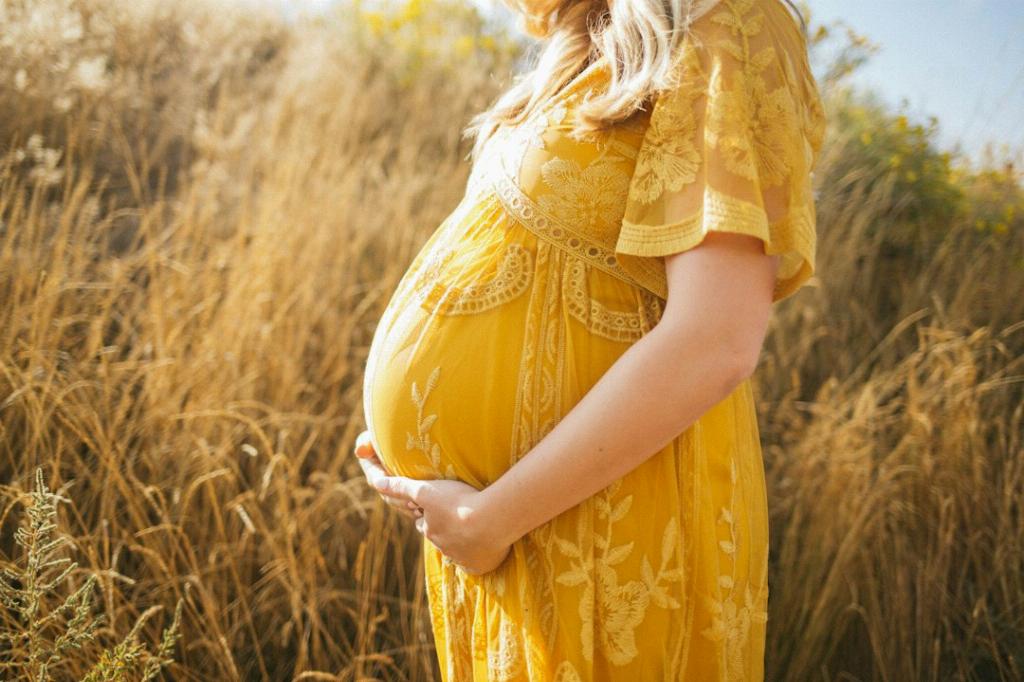Discovering that you are pregnant can be an exciting time filled with a mix of emotions and preparations for the journey ahead. One of the essential steps in ensuring a healthy pregnancy is to schedule a visit with a gynaecologist. While the most common practice is to have the first appointment around eight weeks gestation, there are various factors to consider when deciding when to see a gynaecologist for pregnancy.
It is recommended that pregnant individuals should ideally schedule a visit to their gynaecologist as soon as they suspect they are pregnant. This could be around the time of a missed period and a positive pregnancy test. Early prenatal care is crucial in monitoring the progress of the pregnancy and addressing any potential concerns that may arise.
For some individuals, there may be unique circumstances that warrant early intervention or consultation with a gynaecologist. If you have a history of complications in previous pregnancies, chronic health conditions, or are taking medications that could affect pregnancy, it is advisable to see a gynaecologist as soon as possible to discuss the best course of action.
Additionally, if you have been actively trying to conceive and have undergone fertility treatments, seeing a gynaecologist early in the pregnancy can provide guidance on managing the pregnancy and monitoring its progress closely. Fertility treatments may require specific medical attention and monitoring throughout the pregnancy.
Women who have experienced miscarriages or pregnancy losses in the past may benefit from early prenatal care to monitor the pregnancy’s progress and address any emotional or physical concerns that may arise. Gynaecologists can provide support and guidance during this sensitive time.
Age can also play a factor in determining when to see a gynaecologist during pregnancy. Advanced maternal age, typically considered to be above 35 years, may require closer monitoring and specialized care to ensure the health and well-being of both the mother and the baby. In such cases, early prenatal visits are recommended.
If you are experiencing any unusual symptoms such as severe morning sickness, vaginal bleeding, abdominal pain, or have concerns about the pregnancy, it is crucial to seek medical attention promptly. Gynaecologists are equipped to evaluate any concerning symptoms and provide necessary treatment or reassurance.
Another crucial aspect to consider is establishing a relationship with a gynaecologist that you trust and feel comfortable with. Building a rapport with your healthcare provider early in the pregnancy can help facilitate open communication, address any concerns openly, and ensure personalized care throughout the pregnancy.
Overall, the timing of when to see a gynaecologist during pregnancy may vary depending on individual circumstances, medical history, and the pregnancy’s progression. However, seeking early prenatal care is generally recommended to monitor the pregnancy’s health, address any potential concerns, and establish a supportive relationship with a healthcare provider.

